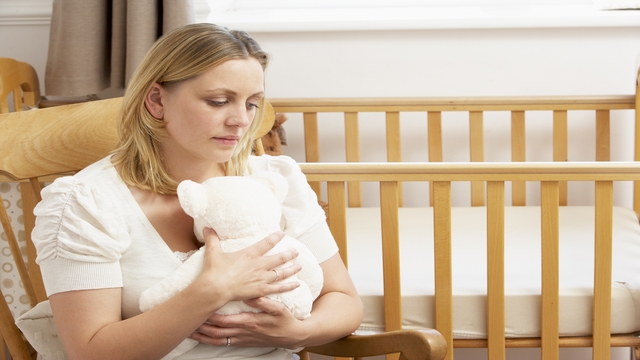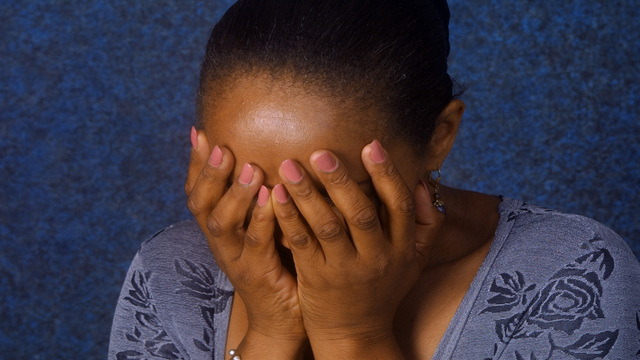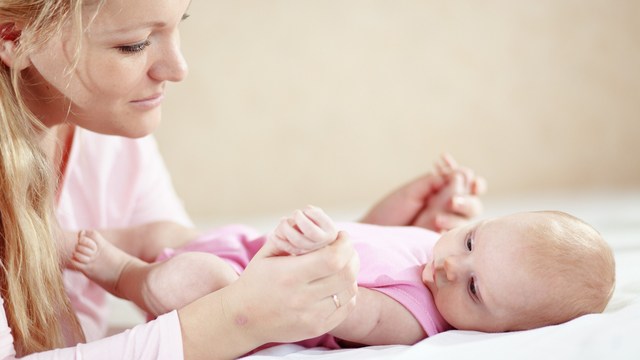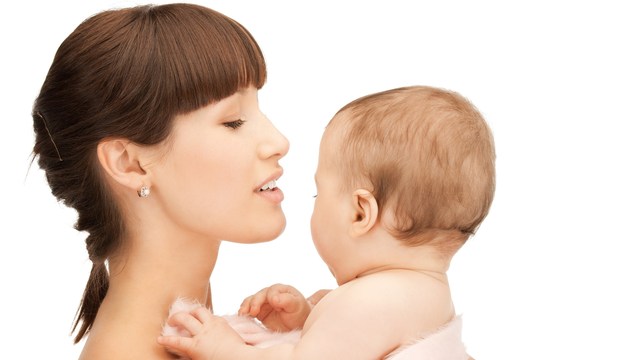Symptoms
Symptoms usually occur within 6 months after childbirth, though they may begin during the pregnancy and may last from a few weeks to a few months. Symptoms may range from mild depression to severe psychosis (in very rare cases). Postpartum depression is different than "baby blues," which is a mild form of depression that occurs within a few days after childbirth and lasts up to a week.
Symptoms may include:
- Loss of interest or pleasure in life
- Loss of appetite
- Rapid mood swings
- Episodes of crying or tearfulness
- Poor concentration, memory loss, difficulty making decisions
- Difficulty falling or staying asleep
- Feelings of irritability, anxiety , or panic
- Restlessness
- Fear of hurting or killing oneself or one's child
- Feelings of hopelessness or guilt
- Obsessive thoughts, especially unreasonable, repetitive fears about your child’s health and welfare
- Lack of energy or motivation
- Unexplained weight loss or gain
More serious symptoms associated with postpartum depression that may require immediate medical attention include:
- Lack of interest in your infant
- Suicidal or homicidal thoughts
- Hallucinations or delusions
- Loss of contact with reality
Diagnosis
The doctor will ask about your symptoms and medical history, and may perform a physical exam. Your doctor may ask you to undergo blood tests, to see if some undiagnosed physical problem (such as a thyroid condition) could be causing your symptoms. You may be referred to a mental health professional.
Please be aware that this information is provided to supplement the care provided by your physician. It is neither intended nor implied to be a substitute for professional medical advice. CALL YOUR HEALTHCARE PROVIDER IMMEDIATELY IF YOU THINK YOU MAY HAVE A MEDICAL EMERGENCY. Always seek the advice of your physician or other qualified health provider prior to starting any new treatment or with any questions you may have regarding a medical condition. Copyright © 2024 EBSCO Publishing All rights reserved.
 Want Kids But Emotionally Unstable? Lower Postpartum Depression Risk
Want Kids But Emotionally Unstable? Lower Postpartum Depression Risk












